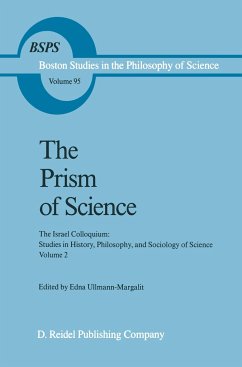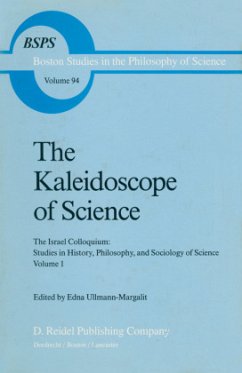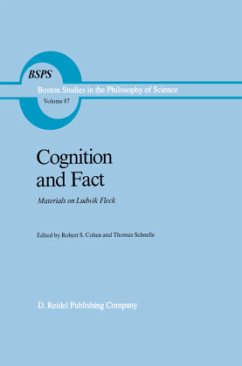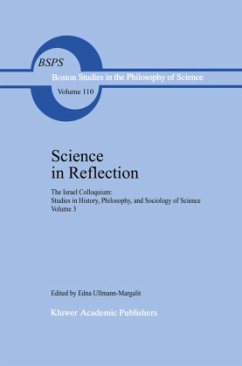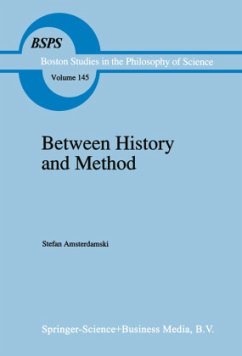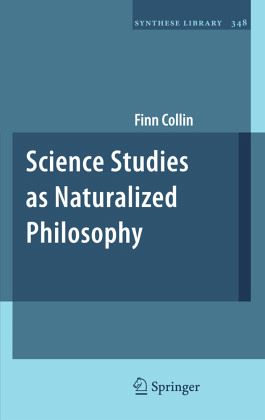
Science Studies as Naturalized Philosophy
Versandkostenfrei!
Versandfertig in 6-10 Tagen
76,99 €
inkl. MwSt.
Weitere Ausgaben:

PAYBACK Punkte
38 °P sammeln!
This book approaches its subject matter in a way that combines a strong analytical and critical perspective with a historical and sociological framework for the understanding of the emergence of Science Studies. This is a novelty, since extant literature on this topic tends either to narrate the history of the field, with little criticism, or to criticize Science Studies from a philosophical platform but with little interest in its historical and social context.The book provides a critical review of the most prominent figures in Science Studies (also known as Science and Technology Studies) an...
This book approaches its subject matter in a way that combines a strong analytical and critical perspective with a historical and sociological framework for the understanding of the emergence of Science Studies. This is a novelty, since extant literature on this topic tends either to narrate the history of the field, with little criticism, or to criticize Science Studies from a philosophical platform but with little interest in its historical and social context.The book provides a critical review of the most prominent figures in Science Studies (also known as Science and Technology Studies) and traces the historical roots of the discipline back to developments emerging after World War II. It also presents it as an heir to a long trend in Western thought towards the naturalization of philosophy, where a priori modes of thought are replaced by empirical ones. Finally, it points to ways for Science Studies to proceed in the future.




